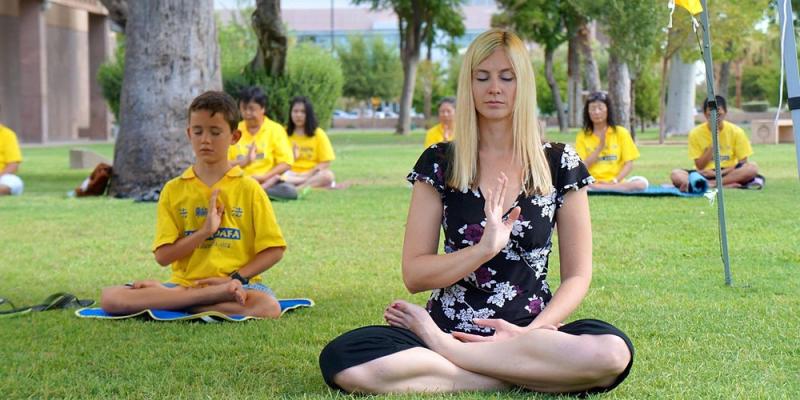
Altruism Helps You To Be Happy And Healthy
Studies revealed that doing volunteer work reduces stress and can improve mood, increase happiness and self-esteem. Things seem obvious if we take a pause for reflection and look around us. We are social beings who could not live in complete isolation and who develop our skills based on interaction with others.
Generosity helps positive physiological changes associated with happiness, leads to a more active lifestyle, distracts from one's own problems, and improves self-esteem. In addition, it increases confidence, control, happiness, and optimism, reduces loneliness and isolation.
The benefits for altruistic people are long-term, as it provides many pleasant memories that can be recalled in the future.
Altruism Has A Powerful Impact On The Body And Mind
From another point of view, helping others help you reduce stress. Positive emotions reduce stress and strengthen the immune system, so they protect against illness, and negative emotions are reduced.
Aggression, hostility, or anger have a negative impact on the mind and body, but generosity can help reduce these feelings and stabilize health. It can also prolong life.
"Our findings suggest that the rewards we feel when we help others may be deeply rooted in human nature, surfacing in diverse cultural and economic contexts," the researchers wrote in a report published by the American Psychological Association (APA) in the Journal of Personality and Social Psychology, titled "Prosocial Spending and Well-Being: Cross-Cultural Evidence for a Psychological Universal."
In several experiments, the results were the same - people around the world enjoy giving, it makes them happy. The researchers called the feeling a "warm glow."
Thus, happiness, according to scientific findings, is a state that is not accessible through material means, but rather, is a consequence of compassionate contemplation of the universe. It is more about altruism than selfishness - more about the spiritual than the material.


















